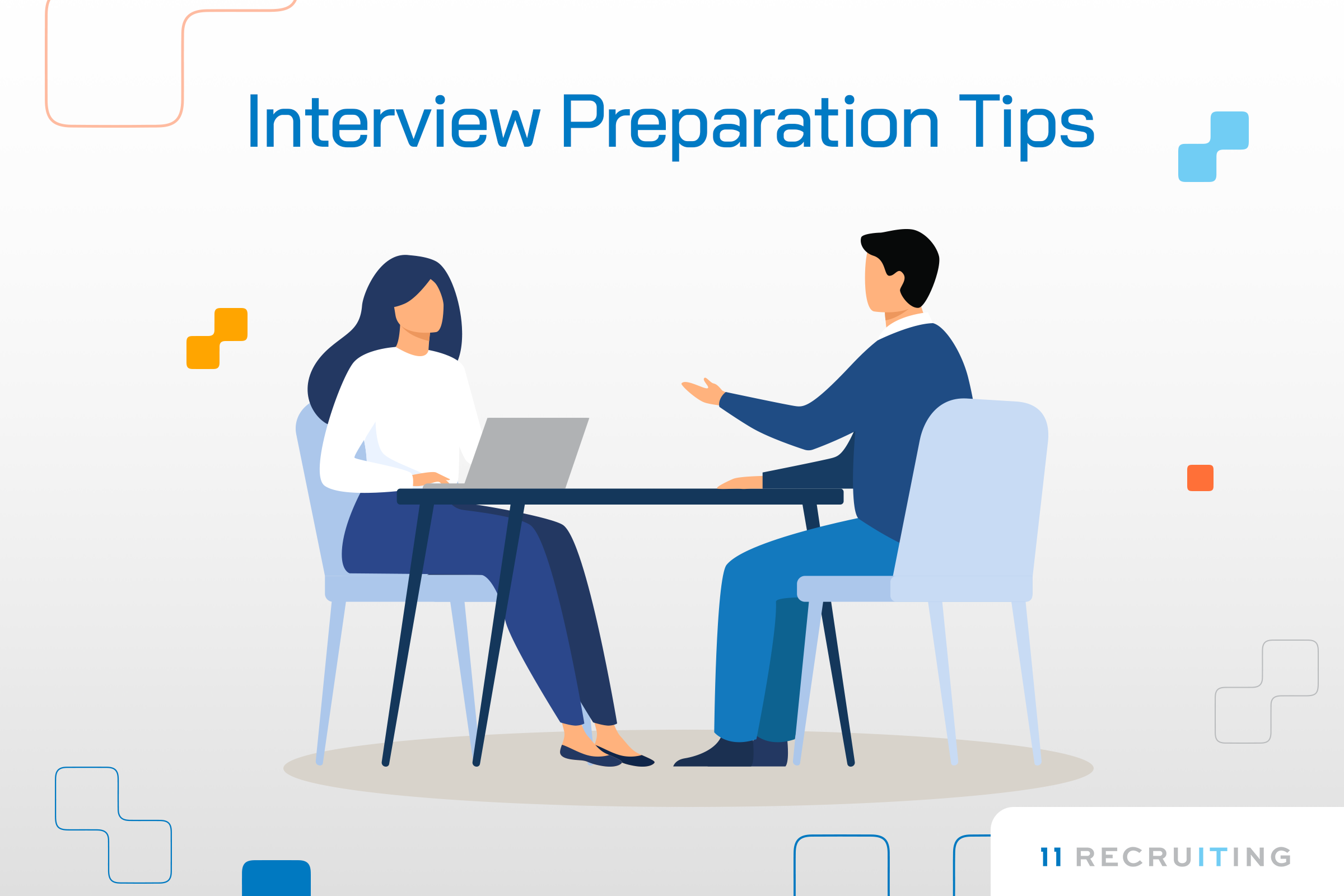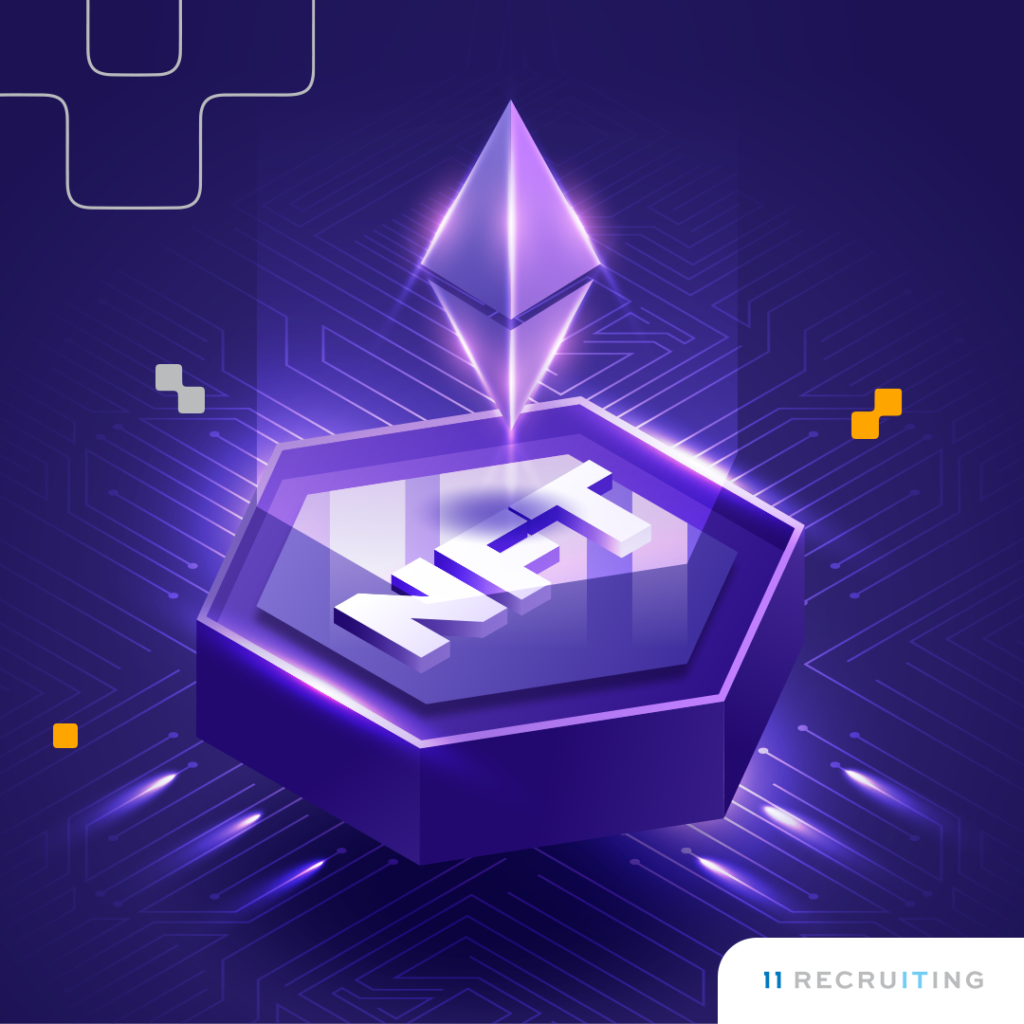
Receiving a job interview call for your dream position is great. But, landing a job interview is one thing, and another thing is to ace it. Hence, this stage requires a lot of interview preparations, as now is the time you’ll need to show why you’re the best choice.
As a successful interviewee, you won’t want to get stuck on words, so it’s vital to think about what you’re going to say, how you’re going to say it, and how you’re going to act beforehand. This article will guide you through 11 interview best practices and tips on how best you can prepare and be ready for an interview.
Why is Interview Preparation Important
The importance of preparation can’t be exaggerated, as it means that you’re taking time to think, reflect and consider your goals and qualifications relative to the job position. Preparing for an interview gives you the chance to research the company and review the job description to actually see if you would be a good fit. Again, interview preparation helps you know how to answer (with sense) the interview questions on the spot and articulate what makes you a compelling candidate.
Remember, the hiring manager has asked to see you because they think you’re capable of doing the job. Their time is precious, and they’ll also be hoping that you’re the perfect solution to their staffing needs. Hence, a thorough executive interview preparation demonstrates to them that you’re serious about the job.
Frequently Asked Questions
What should I do after an interview?
Prepare to follow up with a thank you letter to all your interviewers. Keep your thank-you email professional by avoiding the use of “text language”, inappropriate punctuation, or emoticons. Make sure to express your appreciation for their time to meet with you. At last, be sure to send out the thank you letter within 24 to 48 hours of the interview.
How long should I prepare for an interview?
For a simple role, spend at least half a day preparing and doing proper research and preparation for your interview. For a senior role, you’ll need more time to do more intense research and preparation. So, it’s best to use a day for senior role executive interview preparation.
What are common interview mistakes I should avoid?
Avoid being apathetic
Hiring managers can feel if you lack enthusiasm and energy for a job. So, one interview best practices is to display some energy and enthusiasm from the get-go to show you want the job, and approach the interview in that frame of mind.
Avoid negative talks
Never speak ill of your current or previous employer, even though it was terrible. Negative talks come across as being unprofessional, and we all know there are two sides to every story. So, It’s best to construct honest answers that still paint you in a positive light.
Avoid talking too much.
Interviewers find it very off-putting when you jump the gun and ask questions before they invite you to do so, especially when it seems as though you’re desperate to share what you’ve prepared. So, don’t interrupt or talk over the top of the interviewer. It’s crucial to let the interviewer lead the interview and set the tone. You’ll also want to do more active listening while you maintain the right balance of confidence and humility.
Not asking questions
Candidates leave a lasting negative impression by saying they don’t have any questions. What? After about 30-45 min? Were you even listening? Look, interviewers believe it shows a lack of interest and initiative. So, be different and ask imaginative questions, as it’ll help you stand out from other candidates.
11 Interview Best Practices and Tips
Interview preparation might seem intimidating, as many things fall into this category. Nonetheless, these 11 tips can help you prepare yourself before and during your interview process.

Before your interview…
1. Research about the company and the Interviewer.
As part of your interview preparations, you should visit the company’s website to understand their brand and what they stand for. Make sure you read the home page, about us, and services/products sections and note down the key points about the company, especially its history, vision, goals, values, and mission statement. Also, read the latest press releases about the organization to be informed and up-to-date with the company’s issues.
2. Know the type of interview you’ll be having.
When you know the type of interview you’re having, you’ll be able to prepare well for the interview and feel more confident. Most times, in the request for an interview email or phone call, the hiring manager lets you know what kind of interview they would be setting up for you. If they don’t mention it, you should send a reply asking for the type of interview you’ll be doing.
For example, knowing you’re going to have a zoom interview means you should prepare in line with making sure you find a quiet space for your interview with little distractions and background noise.
3. Learn your resume/ CV off by heart.
Knowing your resume/cv by heart helps you talk about your employment, skills, history, and key achievements without a hitch. As part of your interview preparation, spend some time mapping out and practicing summarizing how your skills, interest, values, and experience match the job description. Doing this will make a positive impression on a prospective employer.
Also, perform a self-assessment to know yourself well so you can better articulate to the hiring manager who you are and what you can offer to the organization. To help your interview preparation, you could have discussions with a friend, relative, advisor, career consultant, or faculty member to help clarify your strong qualities.
4. Prepare the right questions for your interviewer.
Every interview is a two‐way process, and at the end of your section, you get a chance to ask the hiring manager about the job or the company. So, another interview preparation tip is to try to think and come up with at least five questions that’ll make you stand out from other interviewees. This is a perfect chance to clarify any points of doubt.
Sample of questions to ask include
- What are the opportunities for career progression?
- What are the training opportunities?
- What are my exact responsibilities?
- Could you describe a typical day on the job?
- What are the most challenging aspects of this job?
- How are employees evaluated in this position?
- What are the next steps in the interview process?\
5. Practice some common interview questions.
One of the best ways to build your confidence during the interview process is to practice answering the questions the interviewer may ask you. Generally, most interview questions circle three common interview questions.
Traditional interview questions.
- Tell me about yourself.
- Why do you want to work for us?
- What are your short-term and long‐term career goals?
- How would you describe your ideal job?
- What is your biggest achievement, and why?
- What would you bring to this position/this company?
- How would you rate your communication skills?
Behavioral interviews questions.
- Provide an example of when you had to make a difficult decision. How did you approach it, and what kinds of criteria did you use?
- Describe a time where you faced an issue that tested your coping skills.
- Describe a situation when you had many assignments or projects with the same deadline. What steps did you take to finish them?
- Describe your leadership style and provide an example of a situation where you successfully led a group.
- Tell me about a time when you had to present complex information. How did you get your point across?
- Tell me about a time when you had a conflict with someone and how you handled the situation.
- Tell me about a problem you faced and how you dealt with it and developed a solution.
Technical or Case Questions
These are questions about discipline-specific knowledge. They’re common in the IT fields as they relate to concepts you’ve learned from your coursework, industry knowledge, or specific skills (e.g., programming languages). There’s no laid down question format for these questions because technical questions vary from one setting to the next.
6. Prepare the necessary documents.
It’s always a good idea to make several copies of your resume/CV, cover letter, reference list, and application letter/form in case the interviewer brings a colleague to the meeting. Make sure to keep all these documents in a folder to keep them neat and professional. You may add a pen and a notepad supposing you want to take notes. This way, you’ll come across as being calm, organized, and collected.
7. Know the right directions.
If you’re going for an onsite interview, review directions in advance so you know exactly where to go and how long it’ll take to get there. It’s advisable to arrive early. Remember, arriving 20 minutes ahead doesn’t mean you should report to the reception. It’s ideal that you report to reception 10 minutes before your schedule. Also, confirm the date, time, location, and name of the person you should ask for when you arrive, so you don’t look lost.
8. Prepare an appropriate outfit.
First impressions count, and it starts from how you look. Though, these days, there’s a lot of flexibility in dressing for an interview, so do your research about the organization’s ideal dress code. Better still, it’s okay to ask the hiring manager for a dress code if they have any. If you’re still unsure about what to wear, keep it simple.
A basic business suit is a good choice with a white blouse or shirt. Use light perfume and fragrances or avoid them in total as you may not know who is allergic to what. If you wear jewelry, keep it simple and minimal. Wear dress shoes you can walk in, and your clothes should be clean, neat, and pressed, if necessary. A professional dress will help your skills, achievements, and personality to shine through.
9. Eat and sleep well.
Never do an all-nighter when you’re “preparing” for an interview. Lack of proper rest disrupts your sleep cycle, leaving you reckless or tired the next day, and you wouldn’t want to show up exhausted to your interview. If possible, 6-8 hours of good night rest is alright.
With regard to eating, make sure your diet is light, and you eat hours before your interview so your digestive system doesn’t get messy as these might cause problems for you during the interview.
During the interview…
10. The first 5-10 minutes of your interview is vital.
Your interview starts as soon as you get to the organization’s front gate. So prepare to be professional and treat everyone you meet as an interviewer. Make sure that you’re polite and friendly to everyone you interact with. They are all touchpoints with your potential future employer.
In those first few minutes, prepare to smile with confidence, be firm with your handshakes, make eye contact, lean in, look alert and interested, and make sure your interviewer invites you to sit down before you do.
11. Prepare for small talks.
Small talks are perfect ways for people to build rapport and chemistry with each other, so getting it right comes with huge benefits. As a part of your interview preparation, think of some likely topics that might come up, so you can keep a smooth flow of conversation. For example, during your research about the company and the interviewer, if you notice their interest in sports or some recent positive news about them, you could ask them questions about that subject. And, in each case, make sure you have an interesting thought of your own to contribute.
Sometimes, the interviewer may start some small talk with questions like “how was your journey”, or “how’s the weather” to help put you at ease. They’re also looking to test your interpersonal skills too, so relax and answer as calmly as you can be. Avoid one-word answers, and make sure to ask a relevant question back.
So, I said 11 tips yeah? Well, there’s one last sprinkle to your interview preparation that adds magic to your interview process.
12. Prepare a powerful story.
Look, stories are a powerful communication tool because they appeal to both the emotional and rational sides of the human brain. They also give you a chance to show your personality and establish a warmer connection with your interviewer that goes beyond the data of your CV.
While you answer any behavioral questions, use the STAR method to craft a beautiful story. This way, you’ll explain the situation you were in, the task you had to achieve, the action steps you took, and the results.
This simple act of storytelling demonstrates what you’re capable of, and you’ll get to steer the interview in the direction that best showcases your suitability for the role. Nonetheless, don’t exaggerate when telling your story. You must be honest and talk about what you learned through the experience.
To sum up…
10% of a successful interview lies in a candidate’s luck. The remaining 90% is as a result of their careful interview preparation. The better prepared you are, the more confident you’ll be and the more optimal result you’ll have.
Good Luck!

